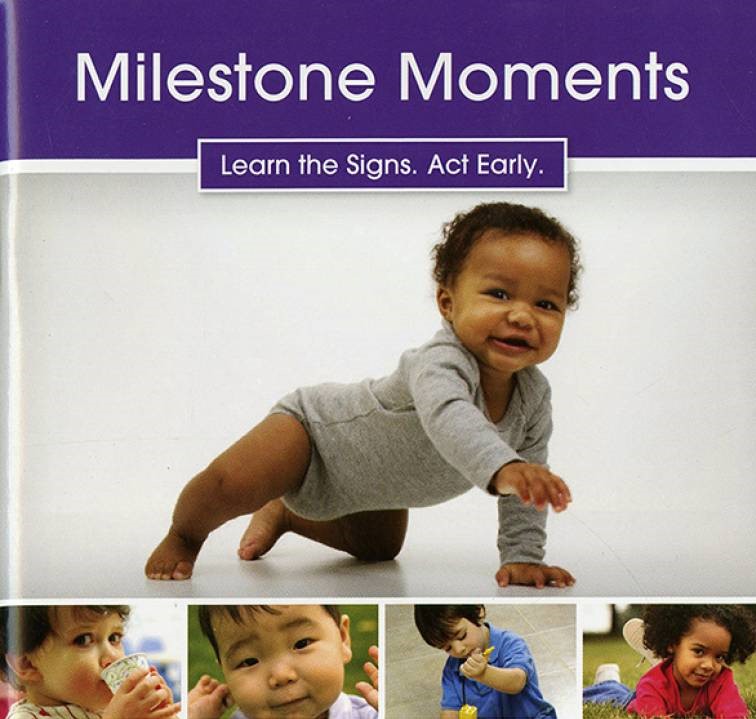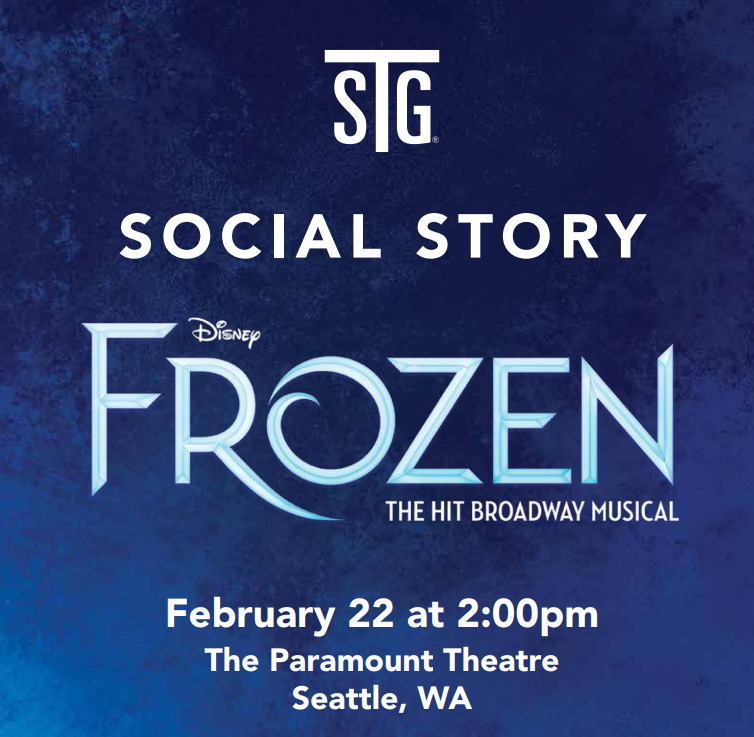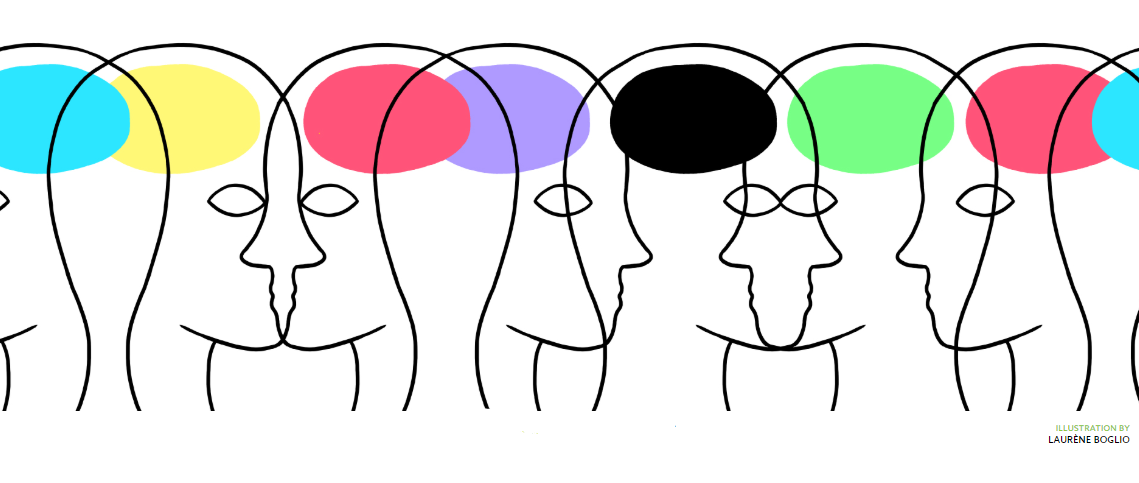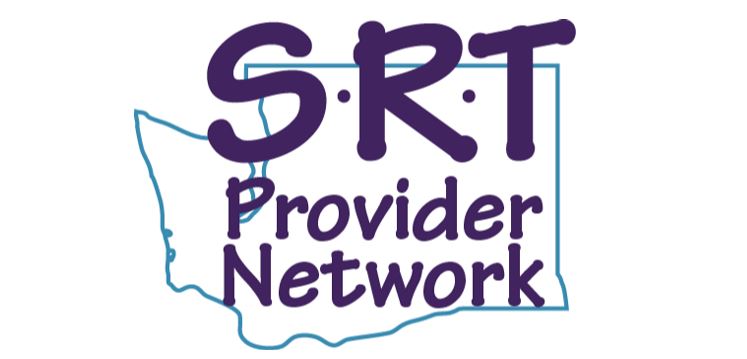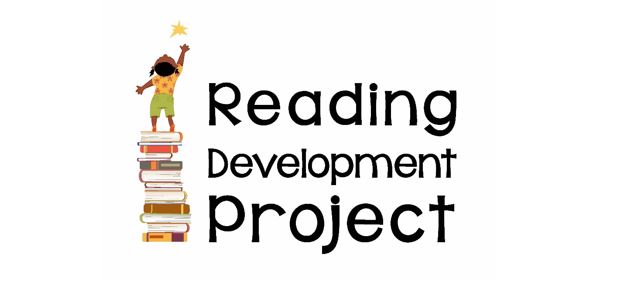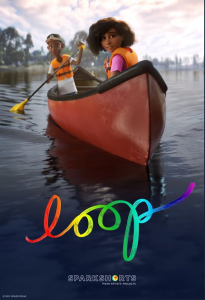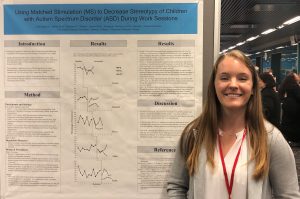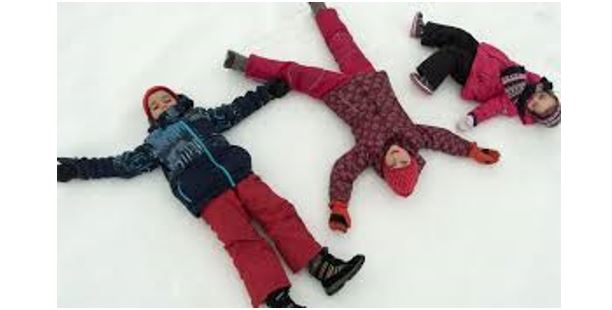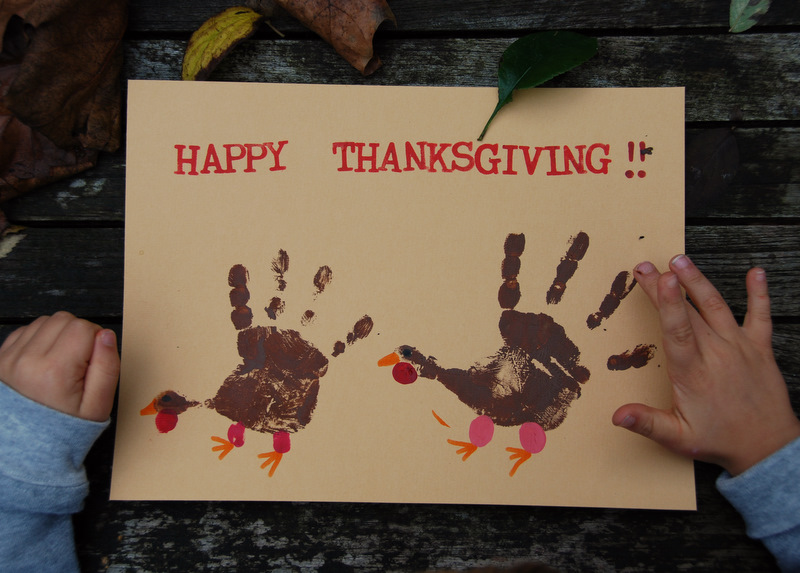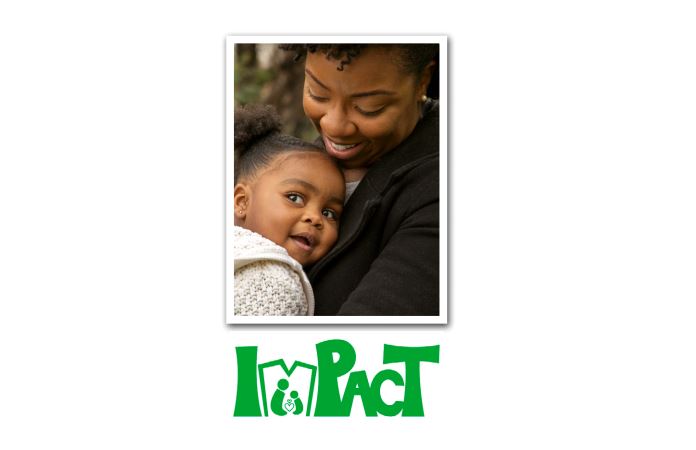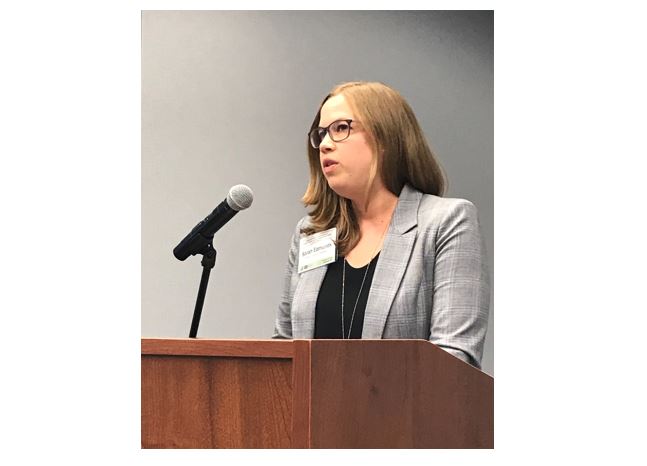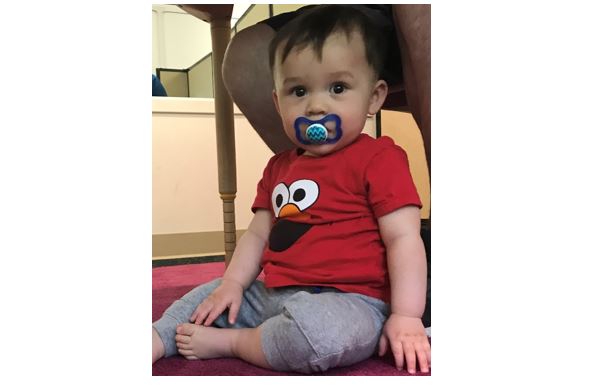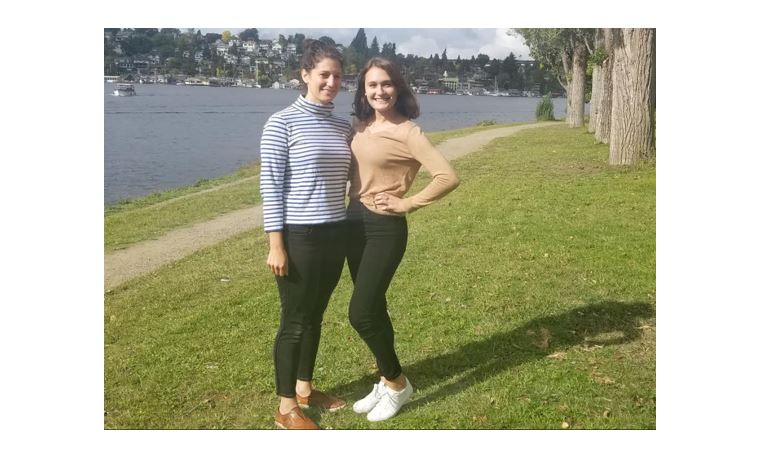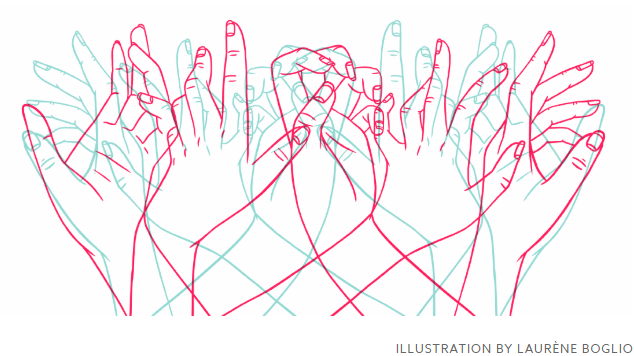
As part of Spectrum’s Autism 101 series, the article “Repetitive behaviors and ‘stimming’ in autism, explained” serves as a helpful guide to some of the most pressing questions about this topic. The author, Sarah DeWeerdt, outlines some common questions, including “What are repetitive behaviors?”, “How does ‘stimming’ relate to repetitive behaviors?” and “Can repetitive behaviors be harmful?” She answers these questions by referencing clear examples, professional input, and scientific findings. If you are interested in learning more about repetitive behaviors, follow this link to read the full article!
